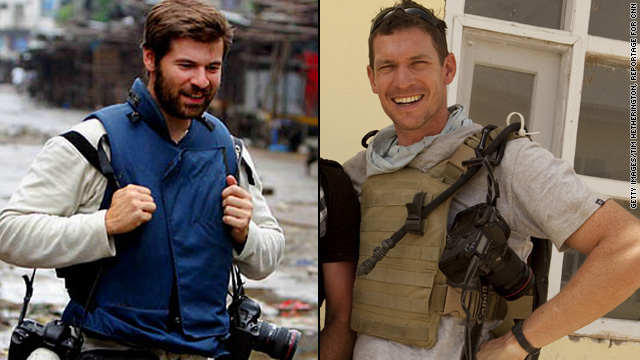LOL, you are the ultimate Canon fan. Canon must pay you well. Or at least the should be paying you! You're like the ultimate defender of Canon here, always ready to jump on anyone who doesn't toe the company line; thought-police extraordinaire, their truest and most ardent disciple.so then why are you complaining - if you can make do with shoddier resolution, then atypically you can make do with more camera shake - which at the apertures of 35mm and under a pretty limited to architectural and landscape.Once you get away from the pixel peeping, you'll quickly realize that some of the world's best photos have been taken with these "make do" lenses over the years.of course you would.But given the choice, I'd still rather just keep my existing non-IS Canon EF lenses, and simply add an IBIS body! That's because I've been perfectly happy with the optical performance of my current Canon EF glass. I just want stabilization for them! Besides, I think it's going to be a while before lenses like the 35/1.4L and 85/1.2L, or even the 50/1.4 or 85/1.8, get IS. And you're going to be paying a bit more than the current ones, that's for sure! No thanks, just give me IBIS.all of those lenses listed are better optically then the lenses they replaced. you'd have a case if the only thing they added / changed was IS.Want IS for your 35mm Canon lens? Cough up $600 for their new EF 35mm f/2 IS! Want IS for your 28mm Canon lens? Cough up another $500 for their new EF 28mm f/2.8 IS! Want IS for your 16-35mm Canon lens? Cough up $1200 for their new EF 16-35mm f/4 IS! And on and on it goes. It's their business to milk as much money from you as possible. And putting IS into the body would really hurt that IS lens-upgrade business that they have going.
however in all cases the IS USM primes perform at a level comparable to Zeiss ZE primes - the best if the business. I'd rather have excellent glass versus "make do" with cheaper but more affordable glass that simply is not as good. in the case of ones like the 35mm and 28mm - it's not even close between the old and the new variant.
Not to mention that lenscore who tests lenses on a test bench versus a camera body calls the 16-35mm the best UWA out there.
canon obviously isn't going to add in IBIS as a mainstream option - it doesn't work with OVF camera bodies, so it's truly a non starter in canon and Nikon land where the vast majority of the cameras are OVF.
the 35L is certainly showing it's age - the 35/2 IS USM outclasses it from 2.0 onwards.So it's not as if they are optical slouches. My 35/1.4L is definitely no optical slouch.
depends, we also shoot objects in motion that exceed shutter speeds of 1/30th of as second too. such as humans. REAL WORLD shooting with humans that are not models I try to stay around 1/60th of a second or quicker.But would it be even better if I could use it handheld with stabilization? Absolutely! Why? Because lab tests perform optical tests with the camera and lens mounted on rock-solid tripods, but out in the REAL WORLD we mainly shoot handheld.
then don't .. no one is forcing you. however when the lenses offer performance benefits AND IS, and the difference between used selling and new purchasing is only 100 bucks it seems moot to complain over it as well.That's why it's so valuable to have stabilization! But do I really want to upgrade every one of my non-stabilized lenses? No way!
that's nice .. however I suspect canon users having "grown" up with mature OVF's that are stabilized would continue to want stabilized OVF's unlike pentax.As for your claim that IBIS "doesn't work with OVF camera bodies", that's not true at all. Pentax has had IBIS in their OVF DSLR bodies for years. They've had it since 2006. And Pentax's upcoming Full Frame OVF DSLR is purported to have IBIS, too!
for canon DSLR's having in body would merely stabilize the image, it would not stabilize the viewfinder, metering nor AF.
it's simply another .. "make do" approach even more fraught with issues.
if canon was entirely MILC's this would certainly be a case though. but they are not.
even if the new primes (24/28/35) that you mention where even NON-IS .. they would still be worthy upgrades.
if canon was entirely MILC based with EVF's - I'd totally get your comments. but not when the vast majority of their cameras are OVF's.
Consider that canon sells more cameras than all EVF based cameras put together and you probably have a good indication that they aren't going that way.
Good news is that if you really bothers you there's a A7II out there.
Last edited:





